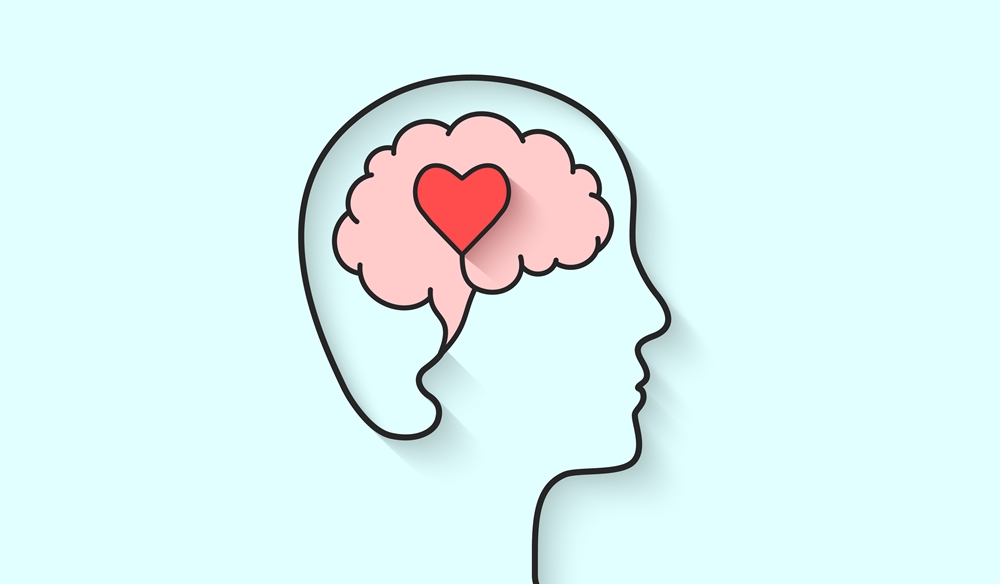Contact: Dr. You Li, yli23@emich.edu
The pandemic has affected every demographic group in different ways. Since the normal life routines that we used to know are disrupted by lockdowns, work from home, and virtual school, people reported a general deterioration of their mental health. A CDC study found that 40.9% of adults in the U.S. reported struggling with mental health problems like anxiety, depression, or symptoms of trauma related to the pandemic. An Indiana University research showed that scores on the measures of depression, anxiety, stress and peritraumatic reactions among their COVID sample were substantially higher than has been found in other prior studies of general community members during non-COVID times. Younger adults, racial/ethnic minorities, essential workers, and unpaid adult caregivers reported having experienced disproportionately worse mental health outcomes, increased substance use, and elevated suicidal ideation, according to CDC. How could people build up their resilience against those mental health issues when the usual supporting networks that often involve family, friends, and community groups were cut off or limited due to the social distancing and isolation? That’s the issue that this project tries to address.
Who: I am a 21-year-old college student living by myself in Michigan, away from my parents. I am the only child and I am single. I study journalism and communication, so watching news or browsing social media is a daily routine for me. Being a student of color, I was very upset with how the pandemic has affected the minority population disproportionately and the whole police brutality and protests in the summer. I am also an extravert and social person.
What: I experienced many sources of stress since the start of the pandemic and did not get much help. I lost my campus job after the university was closed in March, and I lost my source of income for groceries and rent as a result. My family are not nearby so I cannot visit them often but occasionally call or chat with them online. I have minimum social life since most of the activities have been canceled. I sometimes don’t have anyone to talk to for days, and I feel really lonely and isolated. Six months into the pandemic, I feel low motivation and a bit of depression from time to time. I watch news sometimes but that adds more stress and anxiety to my mind so I have to distance myself from it. Social media are probably my only ways to connect with the outside world. I really struggle with online school and I have a hard time to motivate myself to stay on a schedule and get work done. Am I having a mental health issue? If so, should I visit a doctor? But I don’t have insurance coverage anymore… Who should I talk to? How should I cope with it? Is there any self-help diagnosis service and recommendations to help me?
Where: mid west, college town, I am looking for a self-help diagnosis app that can determine my mental health status and recommend some coping strategies that would change my course of behaviors (news consumption, social media consumption, family connection, community connection, mindfulness practice, schoolwork reminder, financial health, etc.)
Why: I don’t have health insurance coverage that would allow me to visit a doctor’s office and I don’t want to admit or talk to other people about any mental health issues. They might think I am crazy or just bragging about nothing. If there is a self-help diagnosis app that could determine my mental health status based on my input of my feelings and behaviors, that could save me money and embarrassment. The app could also recommend a coping plan based on my condition, and remind me of following through with the plan by completing a daily to-do list. I think I would be more motivated to do it if I knew what I need to do everyday.

